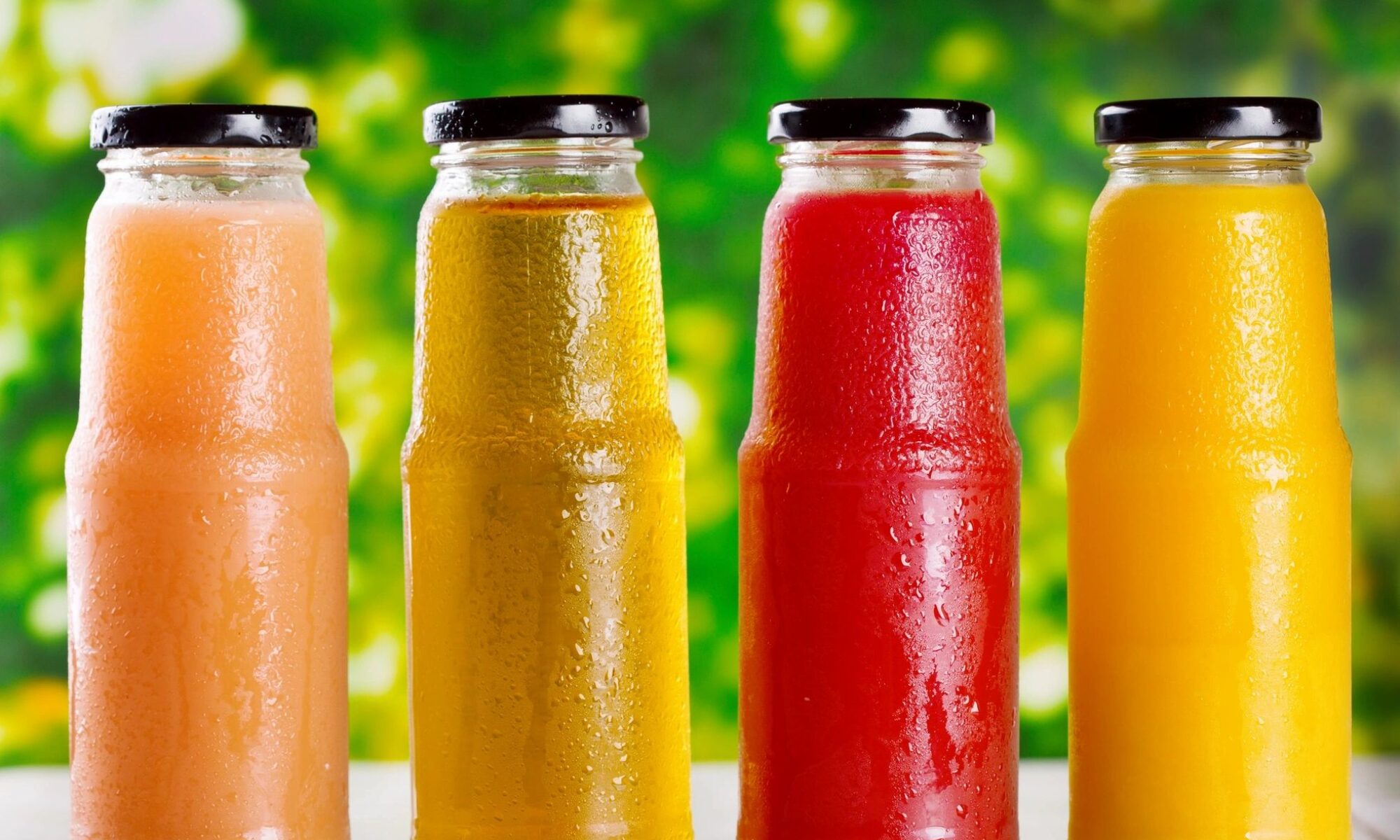Will beverage sales drop as more electric cars take to the road?
When electric cars hit the road and drivers don’t have to fill up tanks at gas stations, could impulse purchases at convenience stores drop? Morgan Stanley analysts have concluded that this could take place.
Convenience stores could take a hit
In a report published recently, they noted that only a small fraction of vehicles on the road are electronic, but this could change in the future. Electric vehicles could account for 94% of car sales by 2040.
The analysts believe that convenience stores and beverage companies could suffer losses as a result. Particularly companies like Monster Beverages, as 63% of its sales in the U.S. are made in convenience stores. The analysts did not see alcoholic drinks or tobacco products taking the same hit because beverages are often bought impulsively, and people drink them on the spot.
The Convenience store industry is more concerned about other factors
Those in the convenience store industry are more concerned about their competitors such as other retailers and online stores than about the effect of electric vehicles. They see this threat as being decades away.
Electric cars will not present a challenge unless they are adopted en masse. They are more concerned about the fact that everyone is selling convenience today. With online outlets offering food delivery and grocery services and even hardware stores and clothing shops are selling beverages at checkout counters. New laws that impose taxes on sugary beverages are another current concern that pre-empts any worries about electric cars.
Current sales of electric vehicles
Sales of electric vehicles in 2017 reached nearly 200,000. This was a significant increase in sales in 2016 and happened despite the fact that new car sales overall were down. Still, to stay in context, over 17 million new cars were sold in 2017.
This may fuel the belief that widespread adoption of electric vehicles is still far in the future. In turn, changes in consumer behavior and technological advances always tend to happen faster than we anticipate.
Ways convenience stores could respond
Fuel appears to account for less than half of the profit for gas stations. Much of their money is made from drinks and other items bought inside the store.
People usually make plenty of ‘pit stops’ at gas stations on long journeys, and they don’t just buy gas. Humans need to rest and refuel their bodies, and this need will not go away. Just because electric vehicle owners could charge their cars at home doesn’t mean they wouldn’t want places to stop on a journey.
One way in which convenience stores could respond to the wide adoption of electric cars would be to install the types of charging stations people would enjoy. Those who currently spend money on gas could pay for a super-charge, a safety inspection, a beverage and a bite to eat. Charging stations could also be popular with those who may not have charging ability where they live.
Selling merchandise during the electric car era is not likely to be a problem to those who are tuned in to providing convenience.
Connect with me over on LinkedIn.

